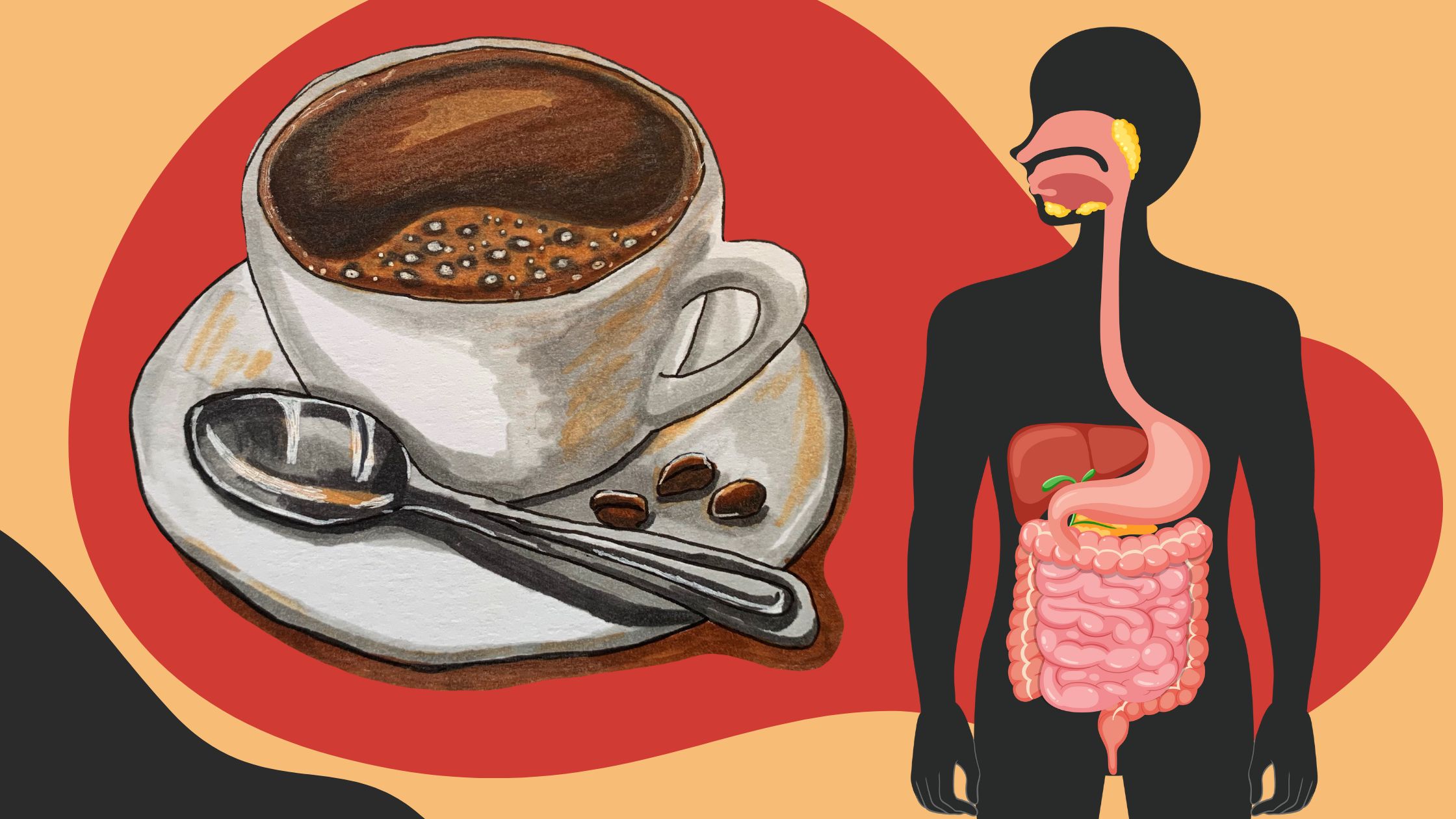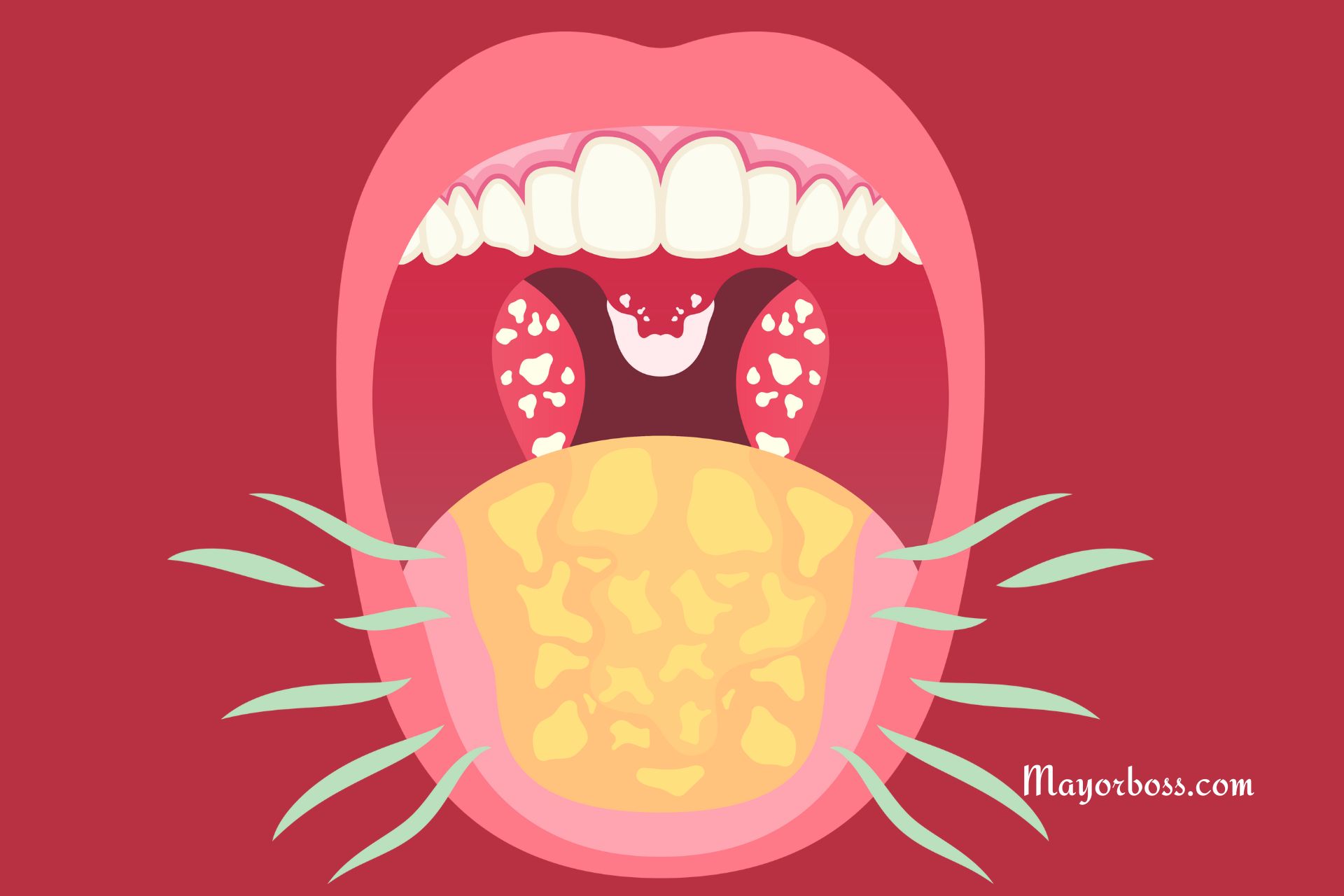How Does Coffee Affect Your Gut?
Your gut is home to trillions of tiny organisms called the gut microbiome. These organisms help with digestion, immune function, and more. Research has found that coffee can change the makeup of this microbiome. According to a study published in Nature Microbiology, drinking coffee is linked to an increase in a helpful gut bacterium called Lawsonibacter asaccharolyticus.
Professor Nicola Segata, who led the research, said, “Our findings showed that coffee drinkers, whether they drank caffeinated or decaffeinated coffee, had more L. asaccharolyticus in their gut.” This bacterium, which was discovered recently, seems to thrive in people who drink coffee. Understanding why this bacterium grows with coffee can help us learn more about how coffee affects our bodies.

Why Is Lawsonibacter asaccharolyticus Important?
You might wonder why Lawsonibacter asaccharolyticus matters. The study found that this bacterium was one of the main ones linked to drinking coffee. The researchers looked at over 22,000 people from the US and UK, and found that L. asaccharolyticus was present in 93.5% of coffee drinkers, compared to much fewer non-coffee drinkers.
The researchers also did lab experiments to see if coffee could help L. asaccharolyticus grow. They found that coffee, whether it had caffeine or not, made it easier for this bacterium to grow. This suggests that other parts of coffee, like certain natural compounds called polyphenols, could be causing these effects.
Coffee May Boost Your Gut Health in Surprising Ways
Besides L. asaccharolyticus, coffee has been linked to other changes in the gut that might be good for your health. Past studies have shown that coffee may increase the variety of gut bacteria, which is often seen as a sign of a healthy gut. The Nature Microbiology study also found that other helpful bacteria, like Faecalibacterium and Alistipes, increased with regular coffee drinking.
Coffee has compounds like chlorogenic acids, which are known for their antioxidant properties. These compounds might also help feed the good bacteria in your gut. Professor Segata explained that “the data showed an increase in quinic acid and other compounds from coffee in coffee drinkers, which could be helping these good bacteria grow.” So, coffee isn’t just about caffeine — it also provides nutrients that can boost good gut bacteria.
What About the Amount of Coffee You Drink?
The amount of coffee you drink also matters. In the study, participants were divided into three groups: those who never drank coffee, those who drank a moderate amount (up to three cups a day), and those who drank a lot (more than three cups a day). Even moderate coffee drinking was linked to noticeable changes in the gut microbiome. The biggest differences were between those who didn’t drink coffee at all and those who drank it regularly, which suggests that even a little coffee can help your gut health.
The researchers used machine learning to study how strong the link between coffee drinking and gut bacteria was. They found that people who drank coffee had different gut bacteria compared to non-drinkers. L. asaccharolyticus was more common in people who drank coffee, whether they drank a lot or a moderate amount, which shows that even a couple of cups a day can be beneficial.
Caffeinated or Decaffeinated: Does It Matter?
A common question is whether the caffeine in coffee affects gut health. According to this study, it doesn’t seem to make much of a difference. Whether people drank caffeinated or decaffeinated coffee, the effects on the gut were similar. This means that other parts of coffee, like chlorogenic acids, trigonelline, and quinic acid, may be more important.
Professor Segata said, “We looked at people who only drank either decaffeinated or caffeinated coffee, and the results were very similar. This shows that caffeine isn’t the major reason for the changes we saw in the gut.” So, if you’re sensitive to caffeine, drinking decaf might still help your gut.
Potential Benefits Beyond the Gut
The focus of this study was on the gut, but coffee’s benefits go beyond that. Drinking coffee has been linked to a lower likelihood of heart disease, type 2 diabetes, and even some cancers. This might be because of the positive effects coffee has on the gut, which plays a role in controlling inflammation and immune responses throughout the body.
The study found that people with high levels of L. asaccharolyticus also had higher amounts of certain compounds in their blood, like quinic acid and trigonelline. These compounds might have anti-inflammatory properties, which could explain some of coffee’s other health advantages. This means that coffee’s effects on the gut might be part of why it’s linked to better overall health.
The Takeaway
So, how does coffee affect your gut? It turns out that coffee does quite a lot. It’s not just an energy-boosting drink — it can also help improve the health of your gut microbiome. Helpful bacteria like Lawsonibacter asaccharolyticus grow more, and the diversity of gut bacteria increases, which is good for your health. Whether you enjoy a strong espresso or a gentle decaf, your gut might benefit from it.
But remember, moderation is important. Too much of anything can be bad, and coffee is no different. Stick to one to three cups a day to enjoy the benefits for your gut and your overall health. And if you don’t drink coffee, there may be other foods that can help your gut just as much.






